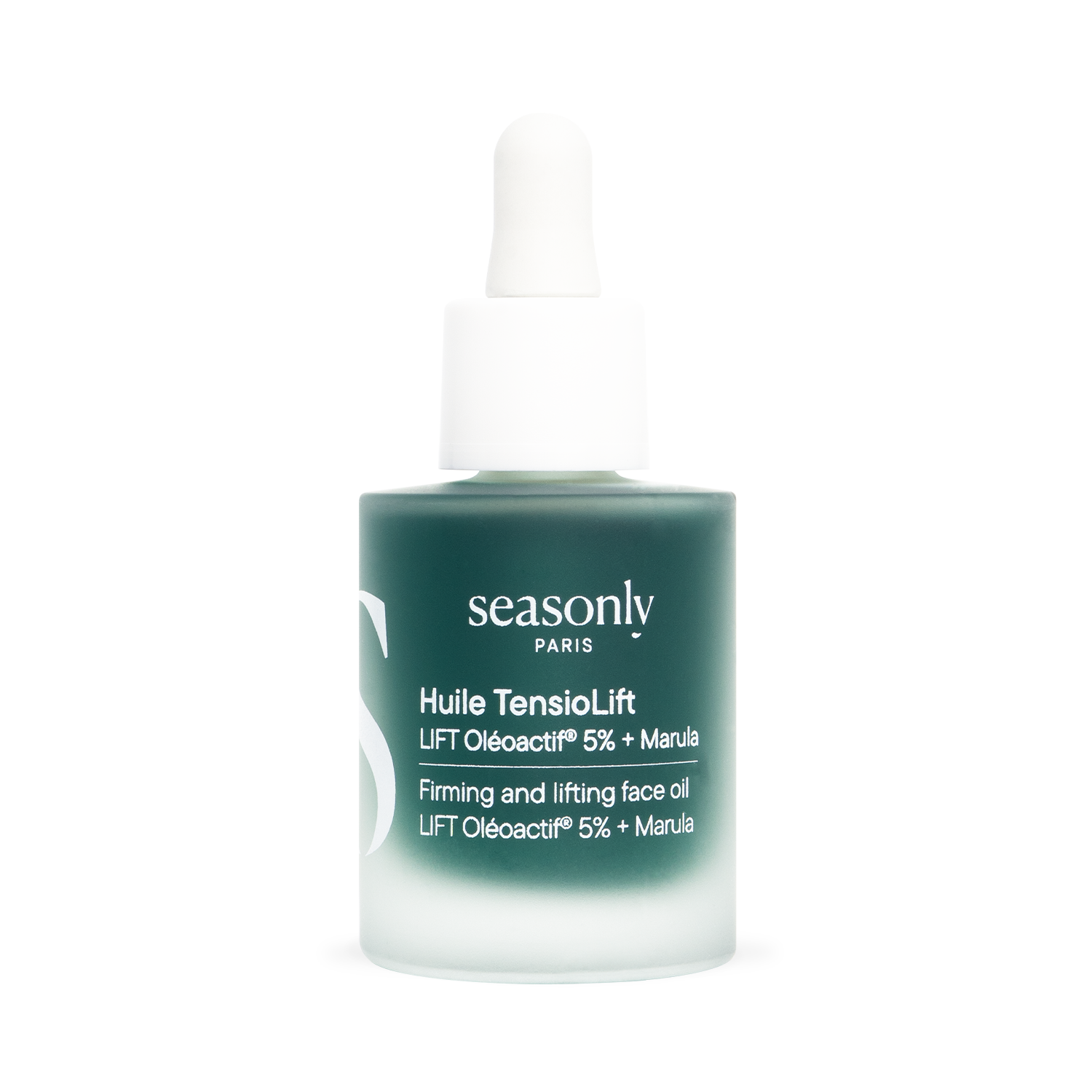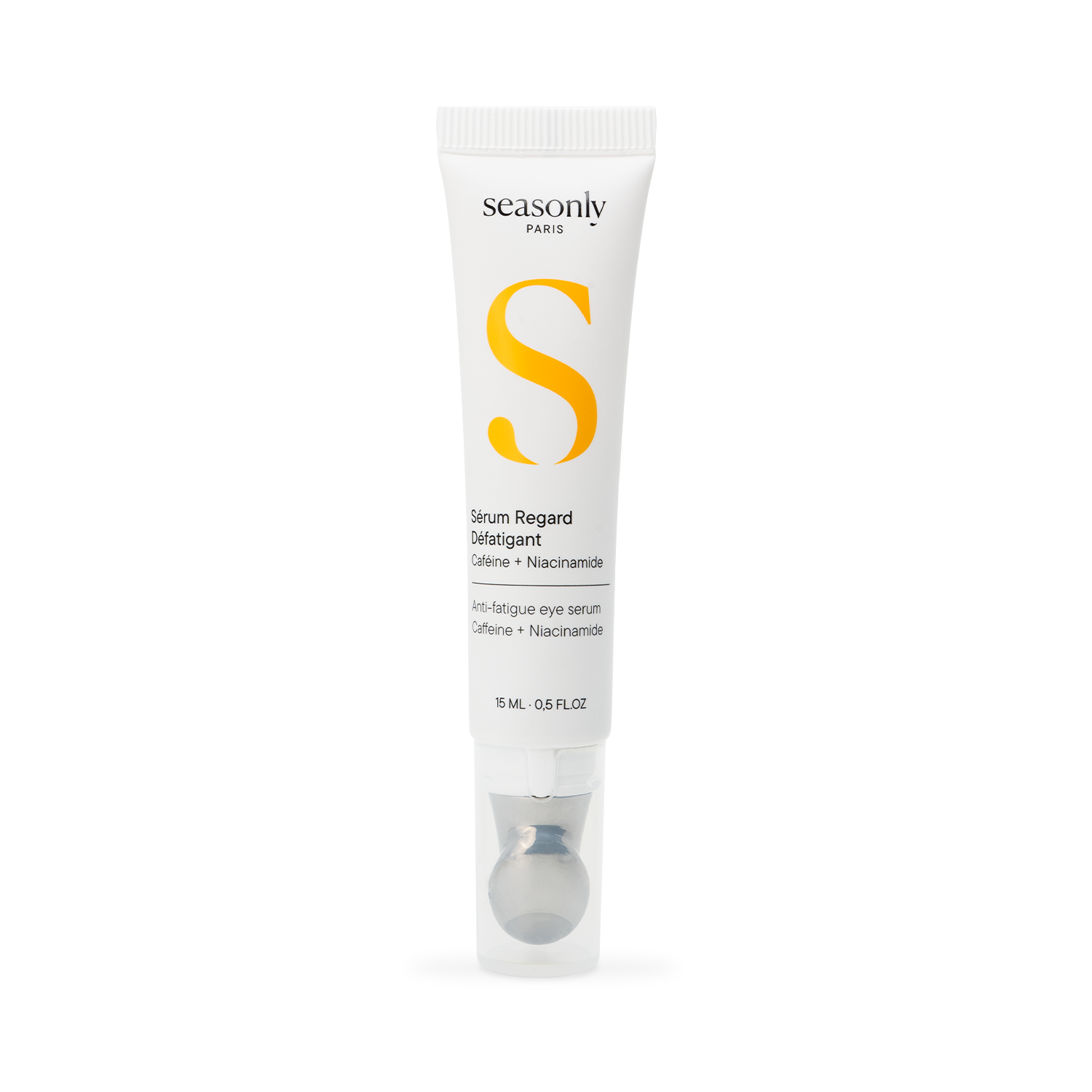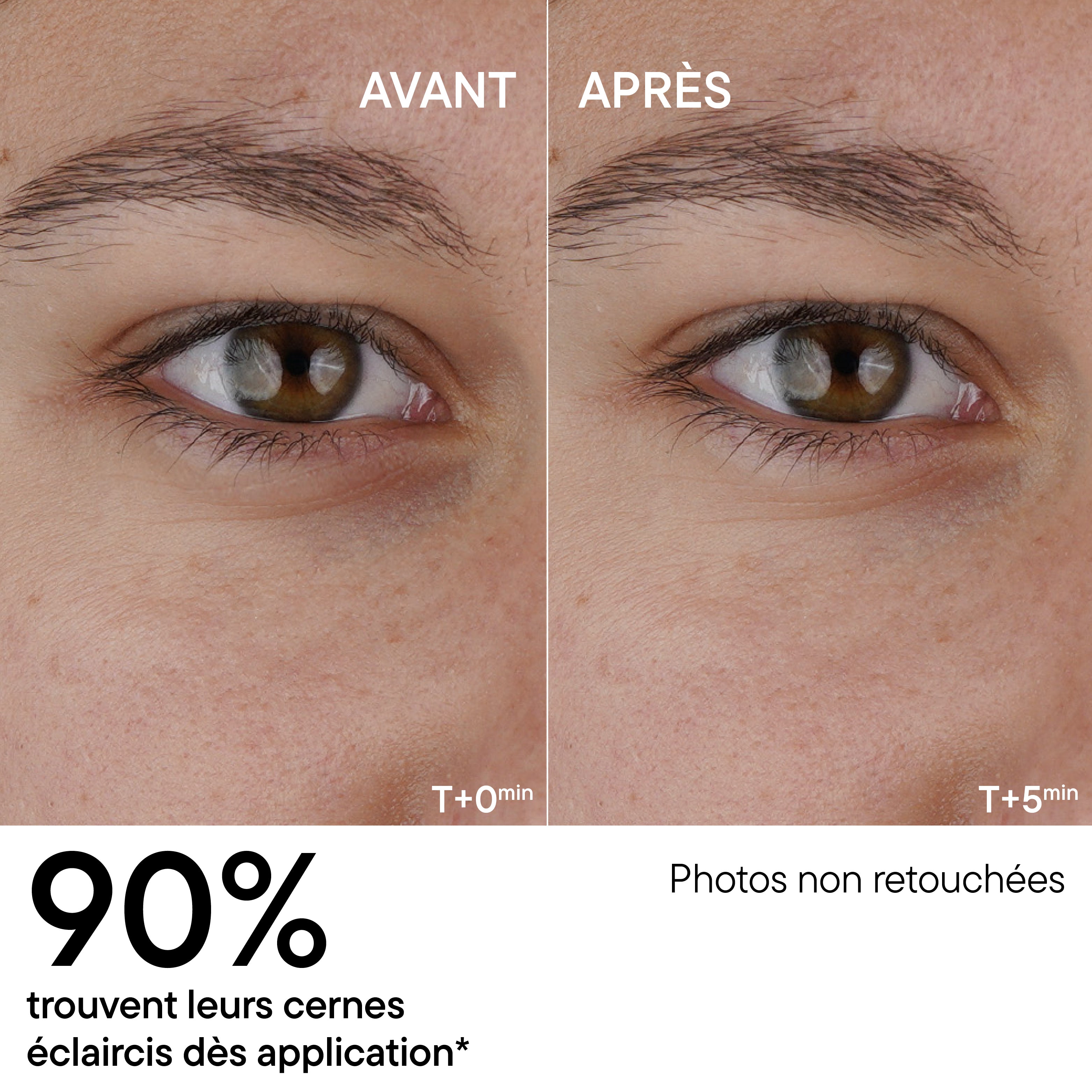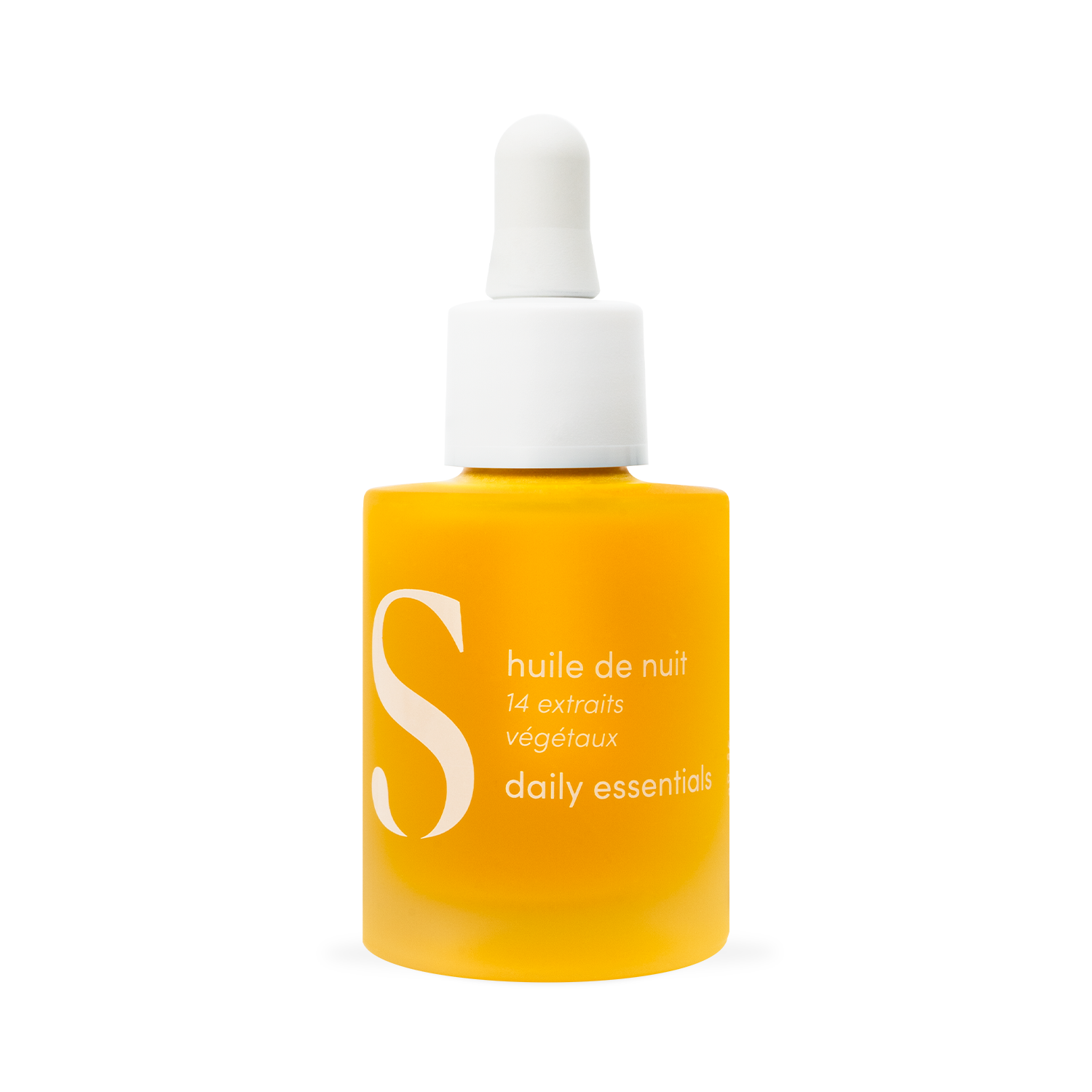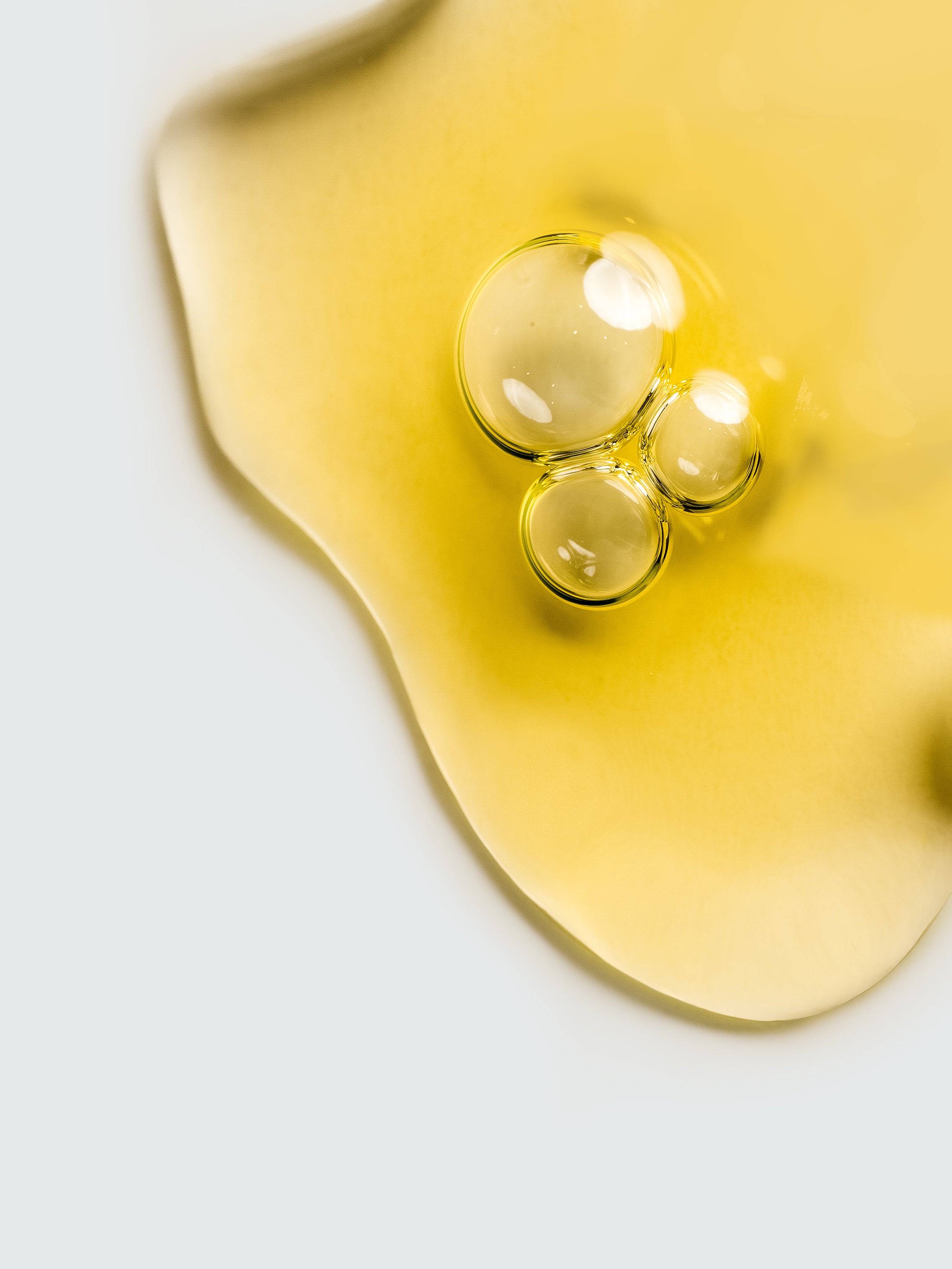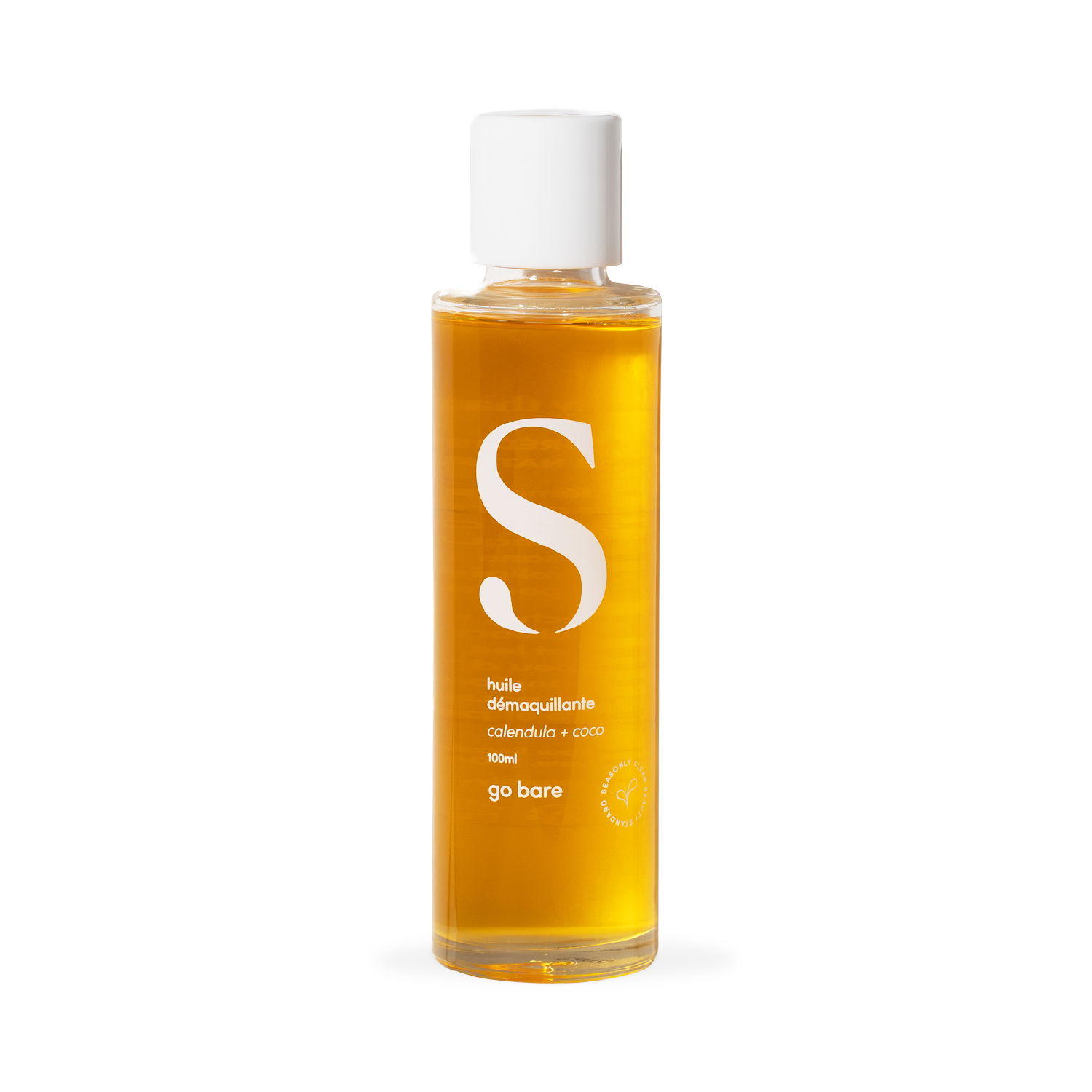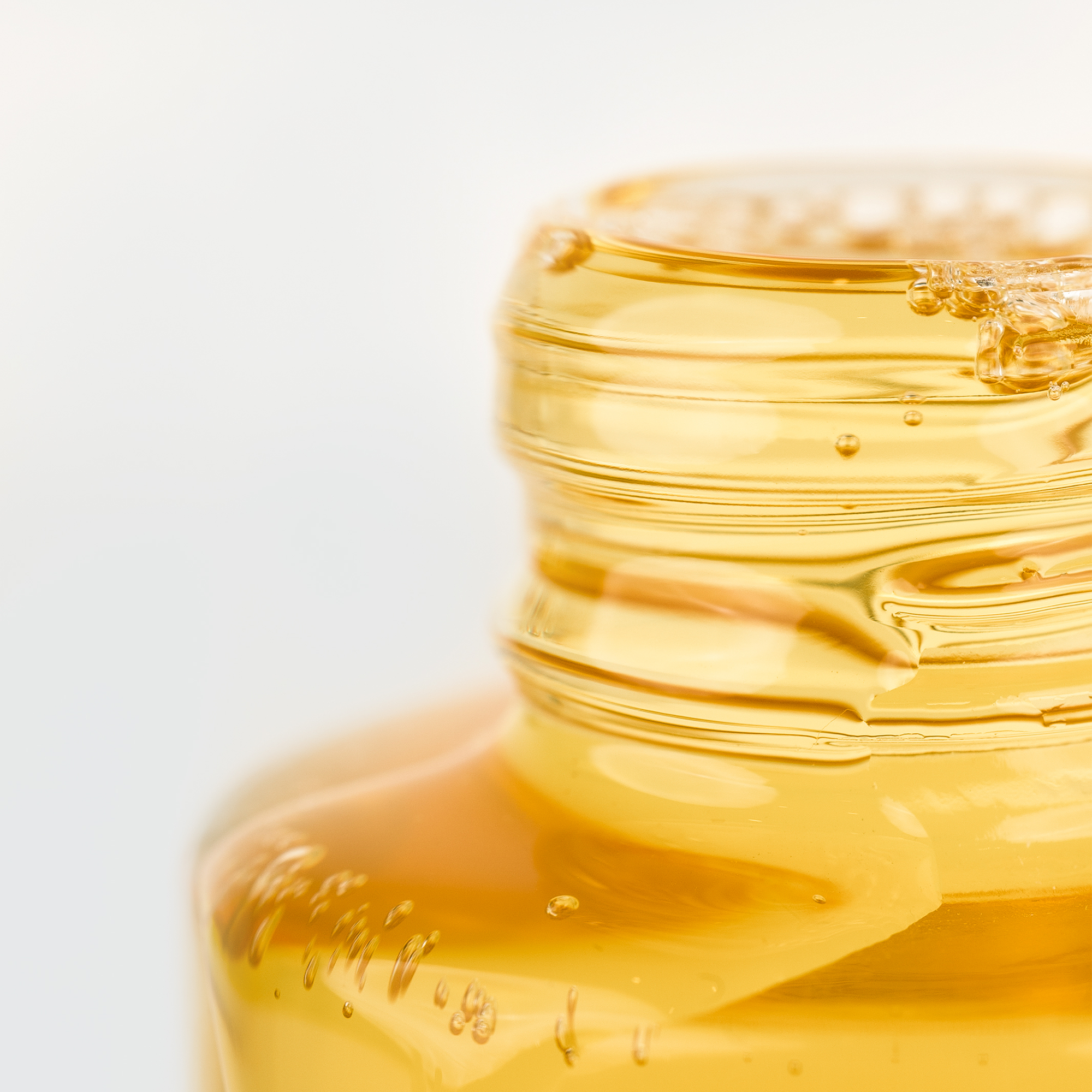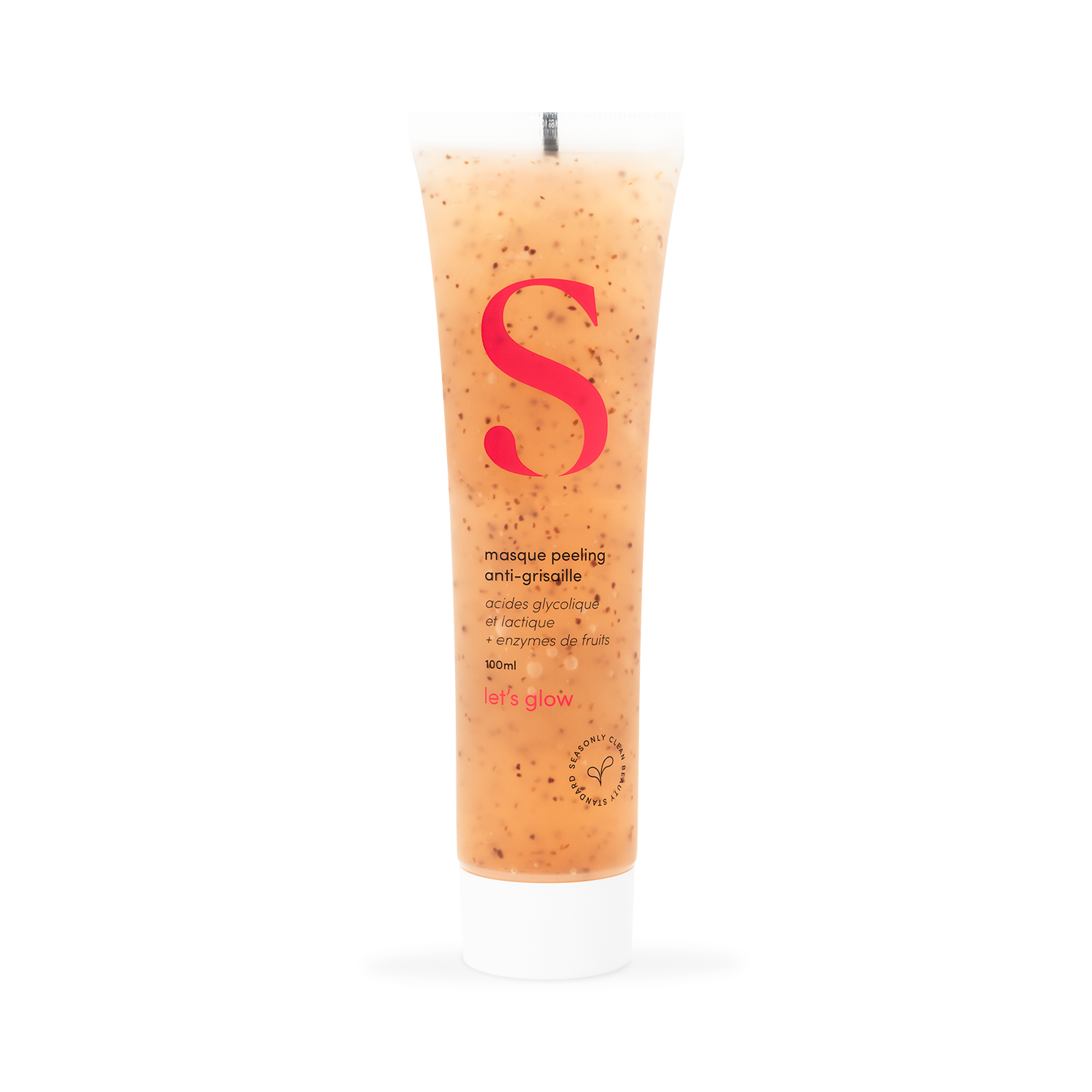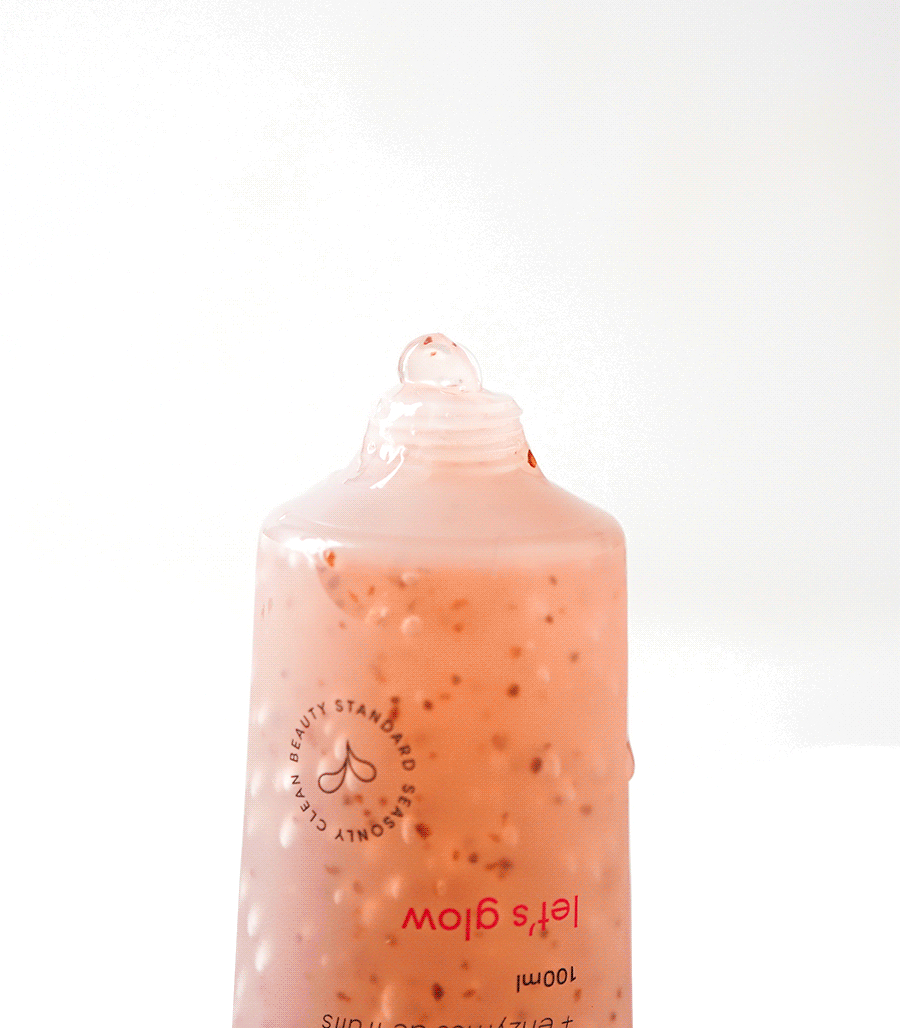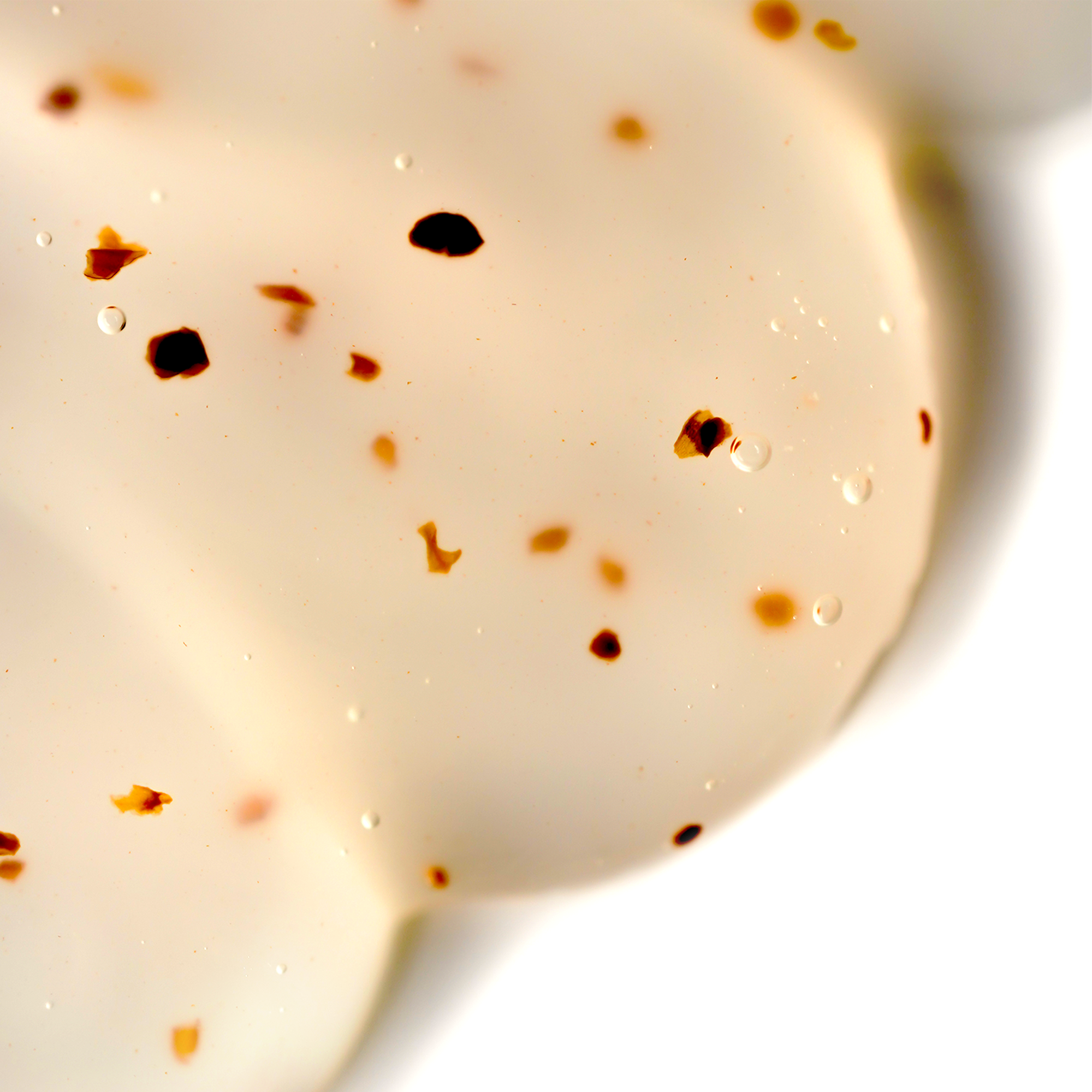How to soothe redness caused by cold
Do you feel strong feelings of tightness and dryness when you are cycling? Are your cheekbones and nose almost instantly red as soon as you leave the house? With the arrival of winter, the cold sensitizes our skin. We therefore give you our best advice to soothe these feelings of discomfort.
Why does skin turn red in winter?
In winter, the skin is confronted with more aggressive climatic conditions. With the cold, our blood microcirculation becomes disrupted; Blood vessels are particularly sensitive to temperature variations, they see their efficiency and tone decrease, they dilate, which leads to the appearance of redness.
In addition, the intense cold and reduced humidity of the outside air contribute to skin dehydration, also causing redness and feelings of tightness. The solution ? Adapt your skincare routine to protect your skin from the cold.
Deeply moisturize your skin
In winter, dry air can quickly dehydrate the skin, weakening its natural protective barrier. By applying moisturizing creams rich in acerola, a fruit rich in antioxidants and provitamin B5 , we strengthen this barrier, thus preserving the skin's moisture balance. Well-hydrated skin is less prone to redness, tightness and irritation, thus providing an effective shield against the external aggressions of winter.
Our advice: The rich cream, a moisturizing cream with an enveloping texture developed for dry and dehydrated skin, to use morning and evening.
If you feel that your skin is in distress and you have spent the day outside in the cold for example, do not hesitate to leave a healing cream or moisturizing mask on overnight to repair your skin in depth.
Integrate a Night Oil into your routine
In addition to daily hydration, using a night oil , such as Seasonly Restorative Night Oil, helps protect the skin from the winter cold. During the night, the skin is more receptive to care and regenerates more effectively. Thus, by applying a 100% natural oil composed of 14 super-ingredients, the skin's vital functions are activated and radiance is boosted. Thanks to the deep penetration of the ingredients, hydration reserves are restored and the skin barrier is strengthened. This reinforced barrier acts as additional protection against the attacks of the cold by maintaining humidity and repelling external elements.
Eat a balanced diet rich in vitamins and antioxidants
Your diet plays a crucial role in the health of your skin. Include foods rich in essential fatty acids, such as fatty fish, nuts and seeds, as well as fruits and vegetables rich in vitamins and antioxidants. These nutrients support cell regeneration, strengthen the skin barrier, and improve your skin's resistance to winter aggression.






